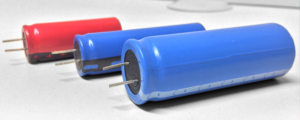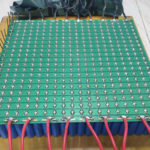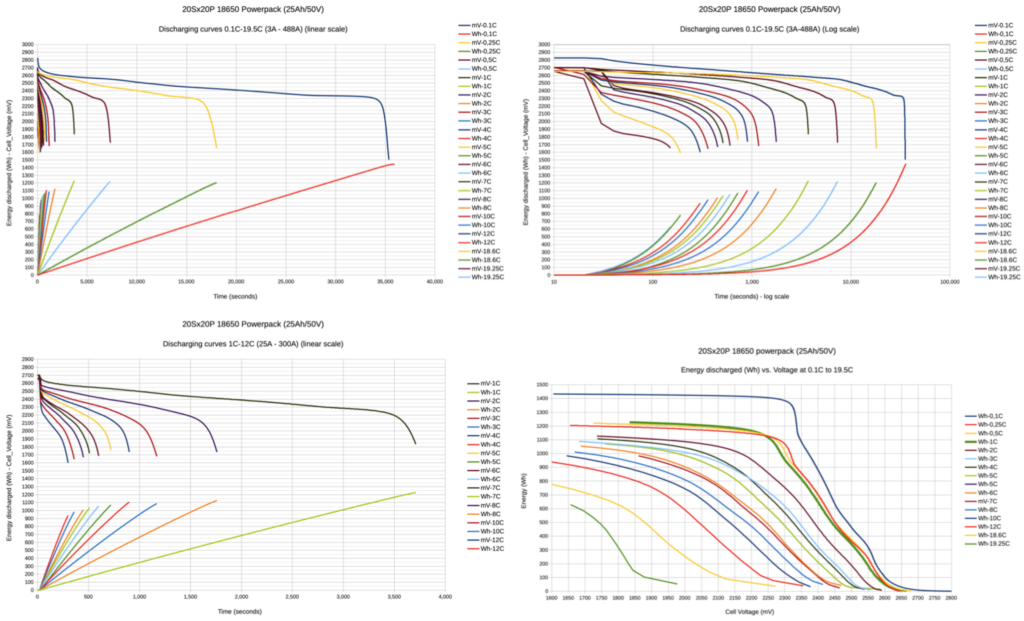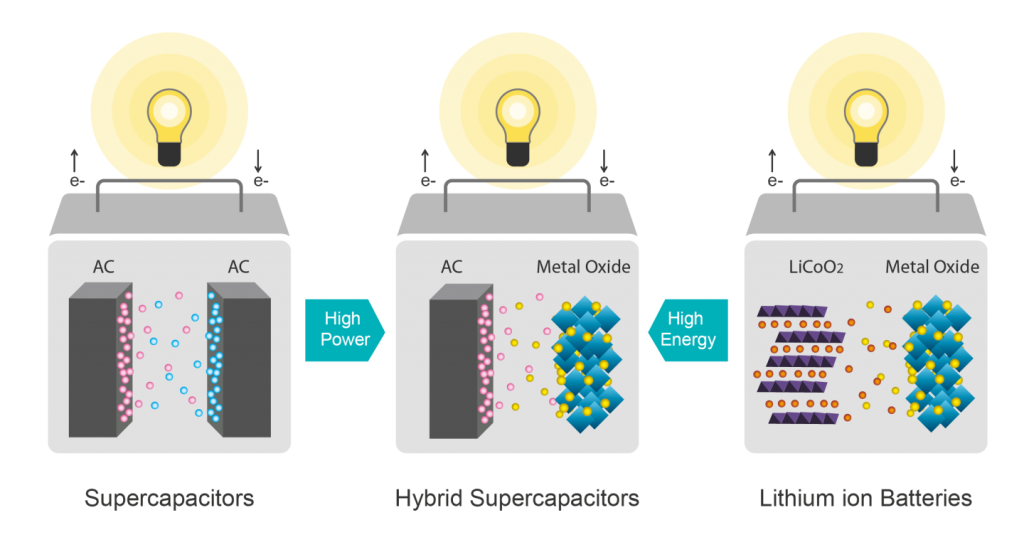And it is not a battery. It’s a Power Capacitor.
High energy density 23680 hybrid power capacitor cells reach production milestone.
Battery energy storage is one of the holy grails. While there is a lot of focus on energy density, in reality, a practical battery must score well on many fronts. The best solution today is not a battery nor a supercapacitor but a hybrid device combining the best of all. That’s what makes it exceptional.
We call it Carbon-based Hybrid Power Capacitors. The 23680 cylindrical cells are optimised for energy storage and have the following specifications:
- Energy density: 230 Wh/kg, 488 Wh/l
- Power density: 287 W/kg (1,25 C rating, peak 2 C)
- > 10000 cycles lifetime (or > 10 years or > 1 million km) (depends on application profile)
- Safe (will not start a fire),
- Operates from -40°C to +80°C
- No BMS needed
- No active thermal management needed
- Can be charged to 75% in about 35 minutes.

In addition, carbon-based power capacitors are upto 10 times more environmentally friendly. Carbon-based Power Capacitors have less problematic raw materials and a much longer lifetime than traditional li-ion cells. As a result, battery packs have one of the lowest cost per kWh/cycle over the operational life. Blue Cell Power lasts a lifetime. T.U. Munich/Astronautics has been testing the power capacitors down to -50°C with satisfactory results.
Altreonic – Kurt.energy delivers customer-specific battery packs based on the application requirements (not cells). Pre-orders are now accepted. We compose battery packs fitting for the application. Pre-ordering customers will be processed first. Use the requirements form to start the process.
18650 hybrid power capacitor cells performance map
On the other side of the power capacitor spectrum, we have the 18650 cells. They are designed for very demanding power-intensive applications:
- Energy density:80 Wh/kg, 180 Wh/l,
- Power density: > 1500 W/kg (20 C rating)
- Up to 50000 cycles lifetime (or up to 30 years) (depends on application profile)
- Safe (will not start a fire),
- Operates from -40°C to +80°C,
- No BMS needed,
- No active thermal management needed,
- Can be charged to 75% in about 5 minutes.

Dimensioning a 18650 powerpack is a trade-off exercise between capacity, size and other system parameters like lifetime, operational margin and more. While the 18650 cells can handle very high currents (and even beyond the datasheets as our stress and abuse tests have demonstrated), a balanced design will remain between 5 to 10C. Typical applications are UPS, grid stabilisation and hybrid propulsion drives.
To assist in the dimensioning exercise, a real 20Sx20P (25Ah/50V) battery pack was tested from 0.1 C to 19.5C and the discharging curves recorded. The datasheet for this pack can be downloaded here: TMDD:25.0:50.0:18650-Datasheet 1.
Note: for less demanding applications we have the more cost-efficient 18500 cells.

3. A comprehensive overview with New Atlas article
For a short and comprehensive overview on the breakthrough carbon-based hybrid power capacitors, have a look at this article in New Atlas. Scepticism allowed, we passed that stage as well. The reactions in terms of more info requests have been phenomenal. Thanks to all. It’s very encouraging. KISS (Keep It Simple but Smart). Read the article here: https://newatlas.com/energy/toomen-powercapacitors-kurt-energy-high-density-supercapacitors
For more information, visit kurt.energy
Source: https://www.e-motec.net
CUT COTS OF THE FLEET WITH OUR AUDIT PROGRAM
The audit is a key tool to know the overall status and provide the analysis, the assessment, the advice, the suggestions and the actions to take in order to cut costs and increase the efficiency and efficacy of the fleet. We propose the following fleet management audit.




